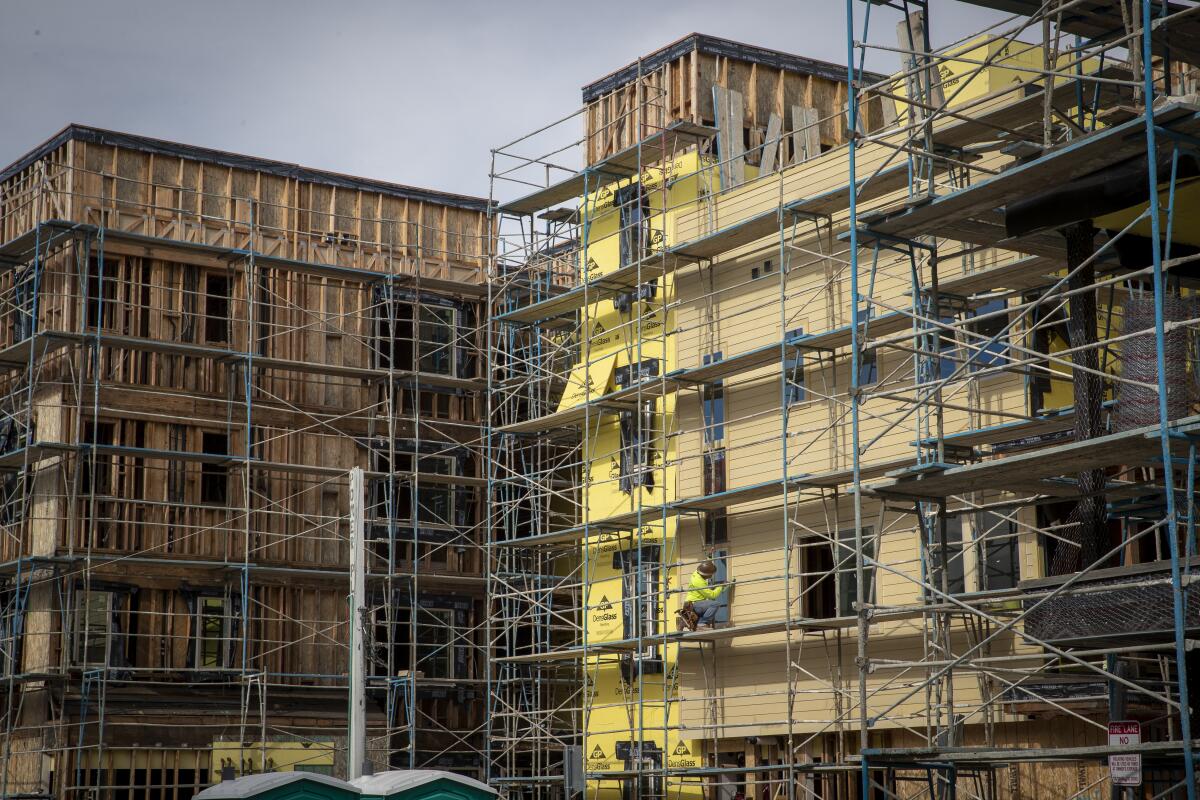Mortgage interest rates surge past 7%, hit highest level since 2002

Home mortgage rates have surged past 7%, hitting the highest level in more than 20 years and dealing another blow to Americans trying to break into the housing market.
The average rate on the popular 30-year fixed mortgage was 7.09% this week, up from 6.96% last week and the highest since 2002, according to data released Thursday from mortgage giant Freddie Mac.
One month ago rates were at 6.78% and for much of the year held in the low-to-mid-6% range.
But borrowing costs have been on the rise lately. Inflation is a major driver of mortgage rates and amid continued economic growth investors increasingly think inflation will prove stickier than they hoped.
Those investment bets have a big effect for potential home buyers.
The difference between a 6.78% rate and a 7.09% rate adds an extra $133 to the monthly mortgage payment for an $800,000 house. Compared with where rates were in early February, today’s payment is $422 more for the same priced house.
The last time rates were higher than today was in 2002, but they briefly hit 7.08% — just under this week’s levels — in fall of last year.
At the time rates were exploding, more than doubling in a year as inflation soared and the Federal Reserve reversed easy money policies.
The rapid rise quickly sapped buyer borrowing power and caused home prices to fall. But today’s buyers face a different market — one where prices are rising.
After rates fell into the 6% range this year, a fair number of first-time home buyers returned. But existing homeowners were less willing to list their homes and give up their sub 3% mortgages.
The result has been an extreme shortage of homes for sale that’s once again driving up prices.
In July, the average home price across the six-county Southern California region was $823,398, according to data from Zillow. That’s up 1.2% from the prior month, and the six straight month of increases.
What happens next with prices depends on a variety of factors, including the direction of the overall economy and mortgage rates.
If rates stay where they are today or climb higher, it could sap demand enough to stanch further price increases. But if higher rates keep even more homeowners from listing their homes, it might not make much of a difference.
Rick Palacios Jr., research director with John Burns Research and Consulting, said it typically takes a rapid rise in rates, rather than a slow climb, to significantly hit housing demand.
Unlike Freddie Mac, industry publication Mortgage News Daily provides a daily tracker of borrowing costs and put Thursday’s average rate at 7.37%.
“Our price forecast for Los Angeles is flattish, but that was assuming rates were going to cap out around 7%,” Palacios said. “We are now eclipsing that.”
More to Read
Sign up for Essential California
The most important California stories and recommendations in your inbox every morning.
You may occasionally receive promotional content from the Los Angeles Times.











